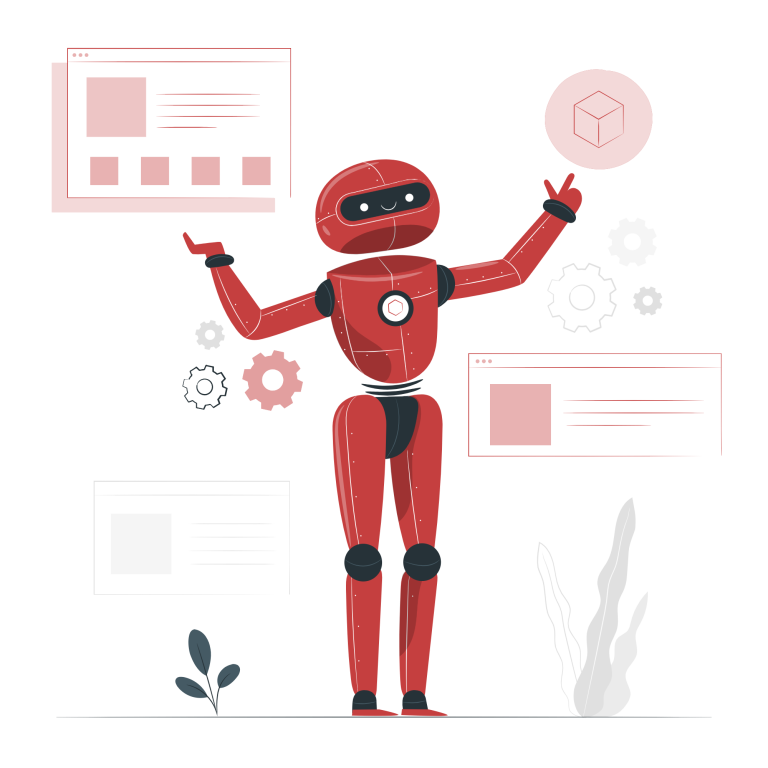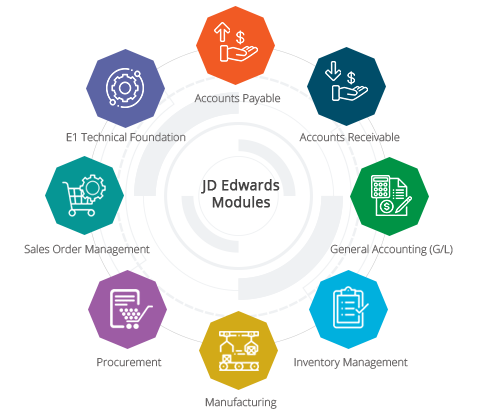Introduction:
In today’s rapidly evolving digital landscape, businesses must embrace technological advancements to stay competitive. One such innovation that holds tremendous potential is artificial intelligence (AI). AI has the power to revolutionize business operations by automating repetitive tasks, analyzing vast amounts of data, and providing valuable insights for strategic decision-making. In this in-depth blog, we will explore how you can leverage AI in your business operations and unlock its transformative benefits.
- Automating Repetitive Tasks:
- One of the primary advantages of AI is its ability to automate repetitive and mundane tasks. By implementing AI-powered solutions, businesses can free up their employees’ time and enable them to focus on more complex and value-added activities. For example, AI-powered chatbots can handle customer queries, reducing the burden on customer support teams. Robotic Process Automation (RPA) can automate data entry, invoice processing, and other routine administrative tasks, enhancing efficiency and accuracy.
- AI-based chatbots are increasingly sophisticated, utilizing Natural Language Processing (NLP) algorithms to understand and respond to customer queries in a human-like manner. They can provide instant support, guide customers through the sales process, and address common issues. Additionally, chatbots can be available 24/7, ensuring uninterrupted customer service and improving overall satisfaction.
- RPA, on the other hand, is capable of mimicking human actions within digital systems. It can automate repetitive tasks such as data extraction, data entry, and report generation. By integrating RPA into your business operations, you can reduce errors, improve turnaround time, and optimize resource allocation.
- Improving Customer Experience:
- AI enables businesses to enhance customer experience by personalizing interactions and providing real-time assistance. Natural Language Processing (NLP) and Machine Learning (ML) algorithms can analyze customer data to understand preferences, anticipate needs, and offer tailored recommendations.
- By leveraging AI-powered analytics, businesses can gain valuable insights into customer behavior, allowing for more targeted marketing campaigns. These insights enable businesses to segment their customer base and create personalized offers, resulting in higher engagement and conversion rates. AI algorithms can also monitor customer sentiment on social media platforms, review sites, and customer feedback, allowing businesses to proactively address issues and improve overall satisfaction.
- Moreover, AI-powered recommendation engines can provide personalized product recommendations based on individual preferences and past purchases. This not only enhances the customer experience but also boosts cross-selling and upselling opportunities, ultimately increasing revenue and customer loyalty.
- Streamlining Operations and Supply Chain:
- AI can optimize and streamline various aspects of your business operations, including supply chain management. By analyzing historical data, AI algorithms can predict demand patterns, optimize inventory levels, and streamline logistics operations.
- Demand forecasting plays a critical role in inventory management. AI algorithms can analyze historical sales data, market trends, seasonal patterns, and external factors to generate accurate demand forecasts. This enables businesses to optimize inventory levels, reduce stockouts, and minimize excess inventory, resulting in cost savings and improved operational efficiency.
- AI can also optimize production schedules by considering factors such as machine capacity, labor availability, and order fulfillment deadlines. By leveraging real-time data and AI algorithms, businesses can achieve better resource allocation, reduce production bottlenecks, and enhance overall productivity.
- Furthermore, AI-powered predictive maintenance can detect potential equipment failures by analyzing sensor data, allowing businesses to schedule maintenance proactively. This prevents costly downtime and ensures continuous operations.
- Data-driven Decision Making:
- Data is a valuable asset for businesses, but making sense of vast amounts of data can be challenging. AI can analyze large datasets, uncover patterns, and generate actionable insights to support decision-making. By leveraging AI-powered analytics tools, businesses can gain a deeper understanding of their customers, identify market trends, and make data-driven strategic choices.
- Machine Learning algorithms can analyze customer data, social media interactions, and market research to identify customer preferences, behavior patterns, and buying habits. This information helps businesses tailor their marketing strategies, improve customer targeting, and optimize their product offerings.
- AI algorithms can also analyze historical data, market trends, and external factors to generate accurate sales forecasts. This enables businesses to anticipate demand, adjust production levels, and optimize resource allocation.
- Additionally, AI-powered data analytics can identify hidden correlations and trends within large datasets that might be impossible to uncover through manual analysis. These insights empower businesses to make informed decisions, identify new business opportunities, and stay ahead of the competition.
- Enhancing Cybersecurity:
- As businesses become increasingly digital, ensuring robust cybersecurity measures is crucial. AI can play a pivotal role in identifying and mitigating cybersecurity threats. AI algorithms can analyze network traffic patterns, detect anomalies, and flag potential security breaches.
- AI-powered security systems can continuously monitor network activity and identify suspicious patterns or behaviors that indicate potential cyber threats. By leveraging machine learning algorithms, these systems can learn and adapt to new threats, improving their ability to detect and respond to evolving cyber-attacks.
- Furthermore, AI can assist in user authentication and access control. Facial recognition, voice recognition, and behavioral biometrics can strengthen authentication processes, making it more difficult for unauthorized individuals to gain access to sensitive information.
- Boosting Sales and Marketing:
- AI can significantly impact sales and marketing efforts by enabling targeted campaigns and personalized experiences. AI algorithms can analyze customer behavior, preferences, and past purchase history to identify cross-selling and upselling opportunities. Personalized recommendations based on AI-driven insights can improve customer engagement and drive conversions.
- AI-powered marketing automation tools can optimize email marketing campaigns by analyzing customer data, segmenting audiences, and personalizing content. These tools can automate email delivery, optimize send times, and track customer engagement, resulting in higher open rates and click-through rates.
- AI algorithms can also analyze customer interactions on websites, social media platforms, and chatbots to identify potential leads and sales opportunities. This data-driven approach allows businesses to target their marketing efforts more effectively, improving lead generation and sales conversion rates.
Conclusion:
Artificial intelligence has emerged as a game-changer for businesses across industries. By leveraging AI technologies, organizations can streamline operations, enhance customer experience, drive data-driven decision-making, and improve overall efficiency. Integrating AI into your business operations requires careful planning and implementation, ensuring alignment with your strategic goals. As AI continues to advance, it is essential to stay informed about the latest trends and innovations to unlock the full potential of this transformative technology and gain a competitive edge in the digital age.





